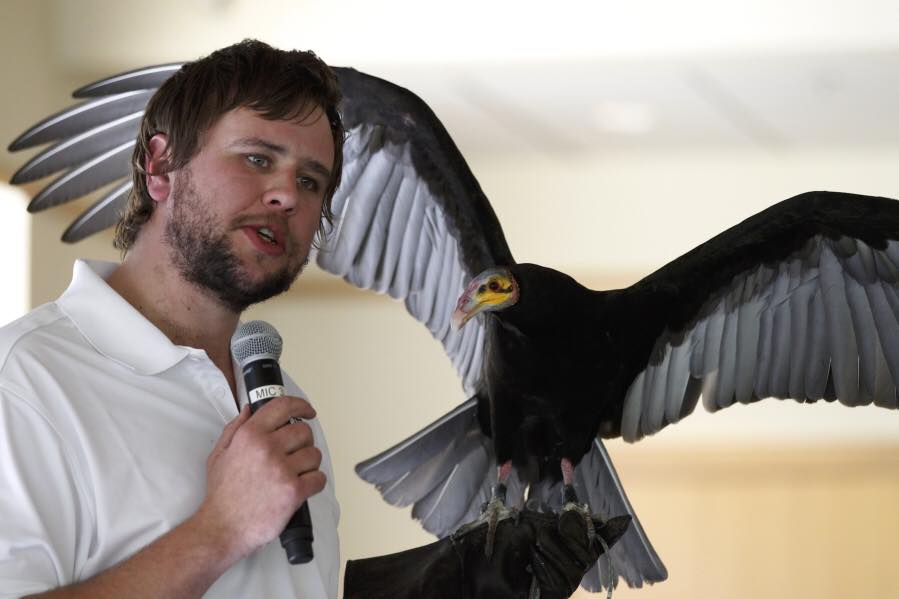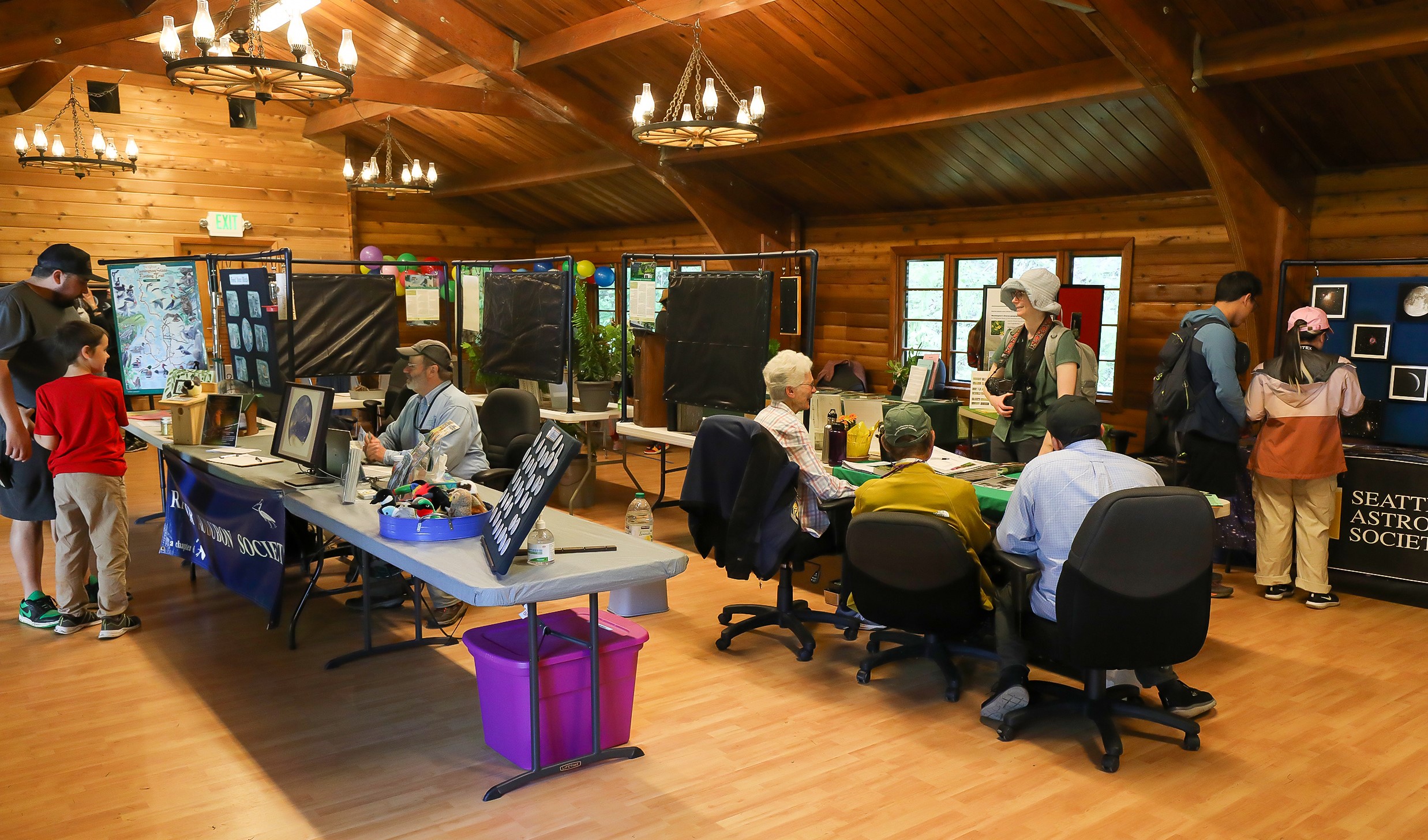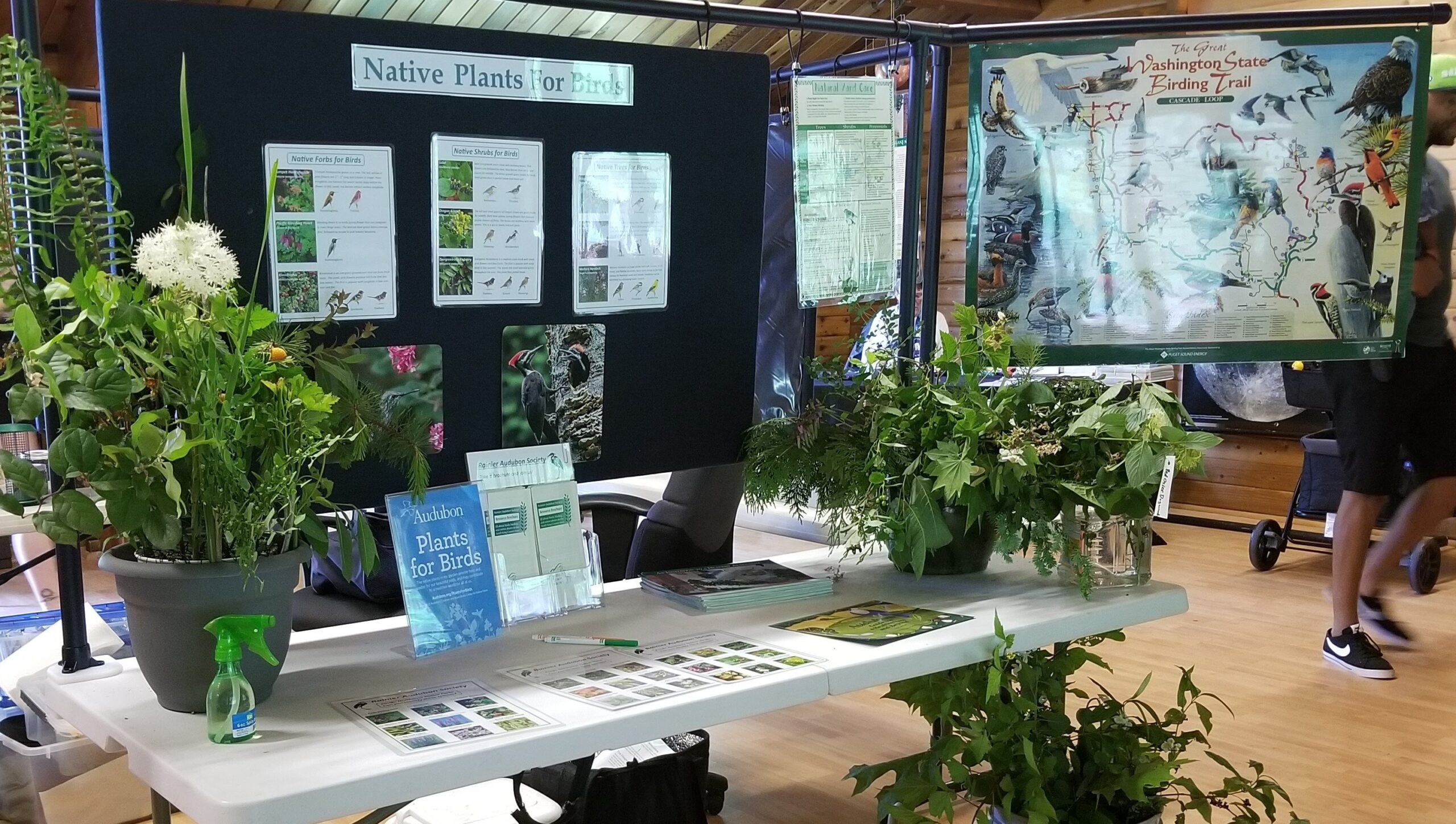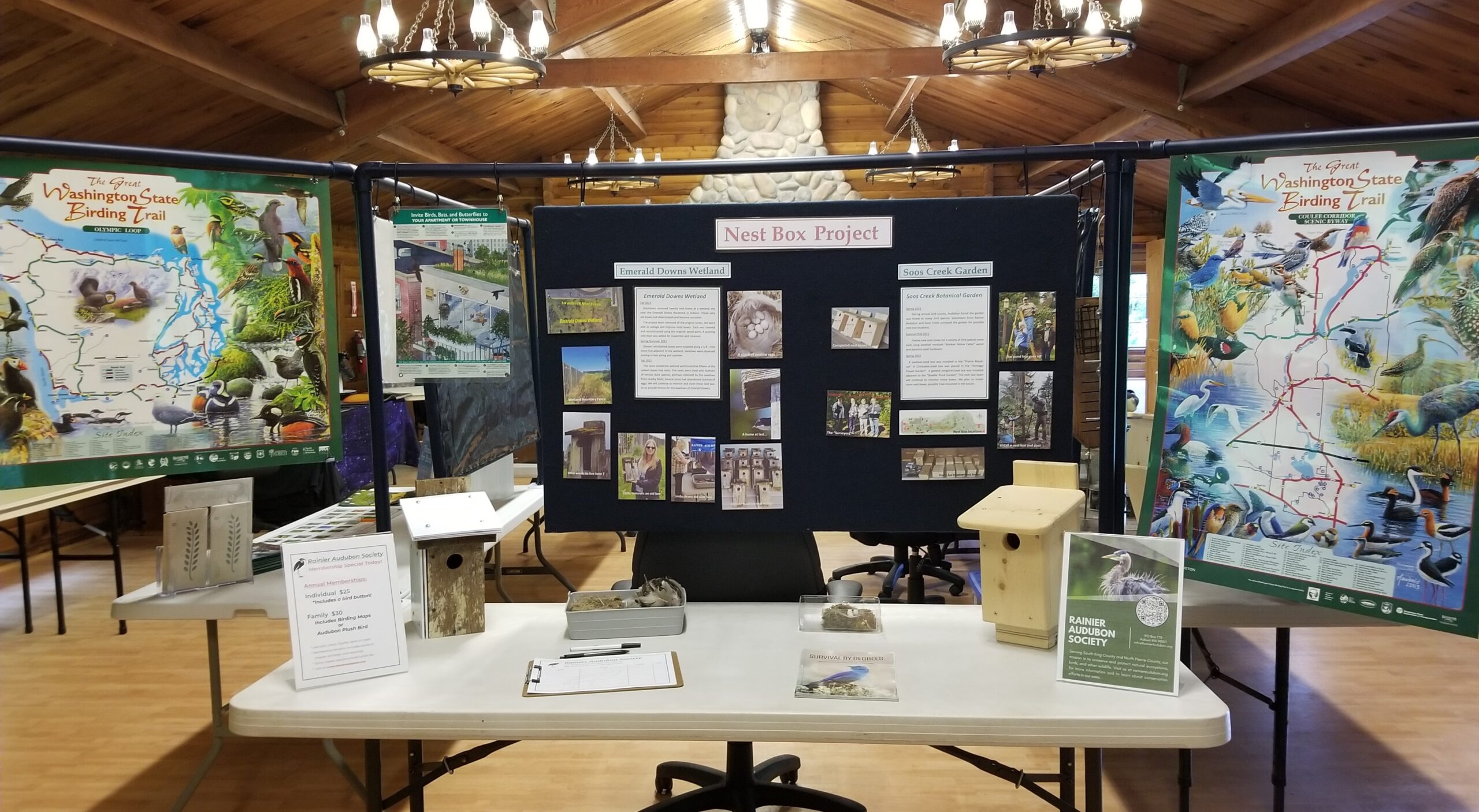
The Smart Neanderthal – Bird Catching, Cave Art and the Cognitive Revolution

By Clive Finlayson
Were Neanderthals birders? YES! According to Clive Finlayson, an evolutionary biologist, focused on behavioral ecology, our ancient relatives, who are often pictured as lumbering, dim-witted primitive cave persons certainly incapable of making use of any but the slowest of prey, Neanderthals were keen observers of their environment, including fast flying birds. While they were probably not listers or twitchers, they made abundant use of many year-round and migratory species.
The author, his wife Geraldine and their son Stewart studied the caves of Gibraltar where evidence – remains of 160 bird species – suggests that Neanderthals were indeed cave persons but neither slow nor dim-witted. His book begins rather slowly describing the compressing effects of the ice sheets of Europe that resulted in many species common to the far north being pushed south to escape the cold, adding to the available food sources of the cave dwellers.
He goes on to detail an amazing amount of evidence that they were proficient hunters, using all parts of many species of birds for food, clothing, ornament and possibly ritual. By studying the hunting methods of other “primitive” (In quotation marks because I don’t consider anyone who can catch birds primitive!) cultures that have been documented, he extrapolates to how these methods may have been used by Neanderthals. He and his team attempted to understand the behavior and ecology of the various species from the perspective of a human hunter with probably only hands and clubs.
With copious examples and input from other researchers, he refutes the theories of Paul Mellars and many others that Neanderthals lacked 3 prerequisites of Modernity: art and ornament, ability to plan for the future, and living in larger groups. (A recent NPR article detailed a recent find of an unrelated group of Neanderthals living together, although not at Gibraltar.)
This is a well-researched and enjoyable book that increased my appreciation of the links between humans of all times and the natural world, something from which we all benefit.



